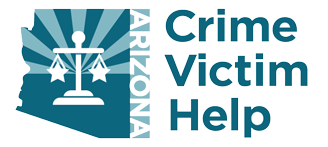Human Trafficking
Human trafficking occurs around the world, including in the United States. Knowing the signs of human trafficking can be the first step to getting help.
What is human trafficking?
Human trafficking is when someone is forced, tricked, or pressured unwillingly into labor or sex work. Traffickers often use fear, violence, lies, or threats to control victims.
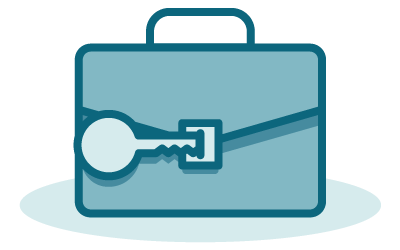

In addition to being a violation of human rights, trafficking is illegal. For more information about human trafficking, click here.
How can I tell if someone is being trafficked?
Trafficking victims can be in any community, and they can be any race, gender, age, or nationality. They can be found working in legal or illegal businesses. This can include factories or sweatshops, massage parlors, hotels, or restaurants, among others.
A victim of trafficking may display some of the following:
-
Not free to leave their work or home.
-
Not allowed to keep their passport or license.
-
Not in control of their own money.
-
Paid very little or not at all.
-
Forced to work exceptionally long hours.
-
Working a different job than what they were recruited to do.
For more information about signs of human trafficking, click here.
What can I do if I am aware of trafficking taking place or if I have been a victim of trafficking?
It may not be safe to confront a suspected trafficker or to let a victim know that there is awareness of their situation. The National Human Trafficking Hotline (1-888-373-7888) is a resource that can help make a report or know what to do next. The hotline can also connect victims of trafficking to social or legal resources. For more information visit, National Human Trafficking Hotline.
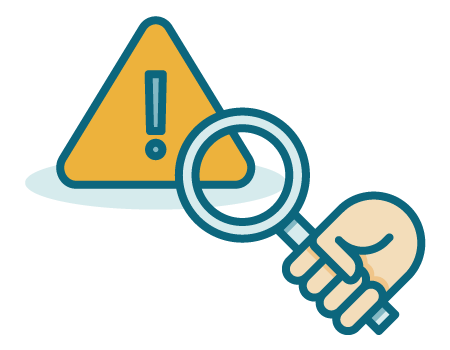
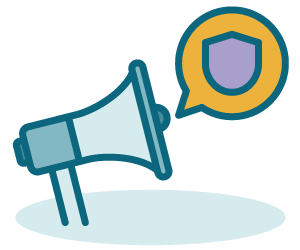
Suspected human trafficking can be reported to local or federal law enforcement. The hotline for reporting human trafficking to federal law enforcement is 1-866-347-2423.
What resources are available to victims of trafficking?
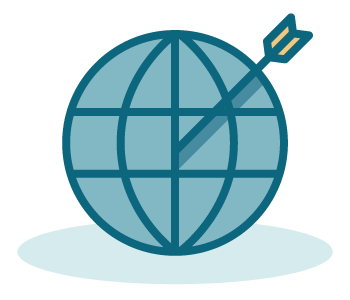
Victims who have been brought to the United States from another country via trafficking may be able to apply for legal protections. Immigration law in the United States says that victims of trafficking may be able to apply for protections that allow them to live and work in the United States. For more information visit the, Immigrant Legal Resource Center.
Arizona law says that victims of sex trafficking convicted of prostitution before July 24, 2014 who can show that the conviction was result of sex trafficking can ask the court to vacate the conviction and restore their rights. To learn more visit the, Arizona Secretary of State.
A victim of trafficking may want to develop a safety plan to help them move forward and repair their sense of security. For more information about safety planning visit, AZCoalition.
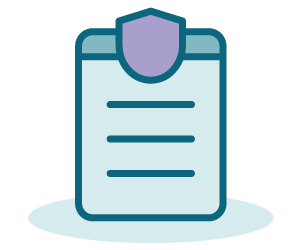
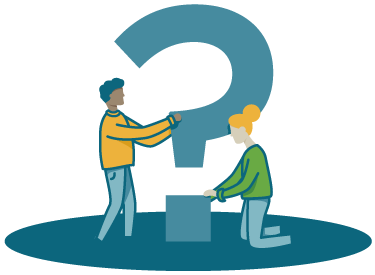
Human Trafficking Resources and Help
Crisis Hotlines
Maricopa County (Crisis Response Network): 1-800-631-1314 or 602-222-9444
Northern Arizona (Crisis Response Network), including Apache, Coconino, Gila, Mohave, Navajo, and Yavapai Counties: 1-877-756-4090
Southern Arizona (NAMI Southern Arizona), including Cochise, Graham, Greenlee, La Paz, Pima, Pinal, Santa Cruz, and Yuma: 1 (866) 495-6735 or (520) 622-6000
National Domestic Violence Hotline (800) 799-SAFE (7233) or (800) 787-3224 (TTY) or
National Sexual Assault Hotline or call (800) 656-HOPE (4673)
Northern Arizona (Crisis Response Network), including Apache, Coconino, Gila, Mohave, Navajo, and Yavapai Counties: 1-877-756-4090
Southern Arizona (NAMI Southern Arizona), including Cochise, Graham, Greenlee, La Paz, Pima, Pinal, Santa Cruz, and Yuma: 1 (866) 495-6735 or (520) 622-6000
National Domestic Violence Hotline (800) 799-SAFE (7233) or (800) 787-3224 (TTY) or
National Sexual Assault Hotline or call (800) 656-HOPE (4673)
